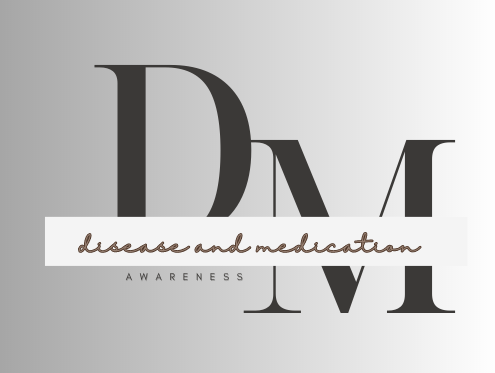Introduction
Developmental diseases encompass a broad spectrum of conditions that affect individuals during crucial stages of growth and development. From infancy through adolescence, these disorders can significantly impact physical, cognitive, and emotional well-being.
What Are Developmental Diseases?
Developmental diseases, also known as developmental disorders, are a group of conditions characterized by delays or abnormalities in physical, cognitive, language, or social development. These disorders typically manifest early in life and can persist throughout an individual’s lifespan.
Common developmental diseases include:
- autism spectrum disorder (ASD)
- attention-deficit/hyperactivity disorder (ADHD)
- cerebral palsy
- Down syndrome
- intellectual disabilities
Causes of Developmental Diseases
The exact causes of developmental diseases are often multifactorial and may involve a combination of genetic, environmental, and neurological factors. Genetic predisposition plays a significant role in many developmental disorders, with certain gene mutations or chromosomal abnormalities contributing to their onset. Environmental factors such as prenatal exposure to toxins, maternal illness during pregnancy, and complications during childbirth can also increase the risk of developmental diseases. Additionally, disruptions in brain development, including abnormalities in neuronal migration or synaptic connectivity, may underlie the pathophysiology of these disorders.

Common Symptoms and Manifestations
The symptoms of developmental diseases vary widely, depending on the specific condition and its severity. However, there are some common signs and manifestations that may indicate a developmental disorder. These include:
- Delayed milestones in motor skills, speech, or social interaction
- Impaired communication abilities, including difficulty understanding or using language
- Repetitive behaviors or restricted interests
- Challenges with attention, impulse control, or hyperactivity
- Motor impairments, such as poor coordination or muscle stiffness
- Cognitive deficits, including learning difficulties or intellectual disabilities
- Social difficulties, such as trouble making friends or understanding social cues
Early detection and intervention are crucial for addressing developmental diseases and maximizing the potential for positive outcomes. Pediatricians and developmental specialists can conduct comprehensive assessments to identify these disorders and implement appropriate interventions tailored to the individual’s needs.
Treatment Options and Interventions

Treatment for developmental diseases often involves a multidisciplinary approach aimed at addressing the specific challenges and symptoms associated with each disorder. While there is no cure for many developmental diseases, various interventions and therapies can help individuals manage their symptoms and improve their quality of life. These may include:
- Behavioral therapy: Applied behavior analysis (ABA) and other behavioral interventions can help individuals with developmental diseases learn new skills, reduce challenging behaviors, and improve social interactions.
- Speech and language therapy: Speech therapists can work with individuals to improve communication skills, including language comprehension, articulation, and social communication.
- Occupational therapy: Occupational therapists focus on improving fine motor skills, coordination, and daily living activities to enhance independence and functional abilities.
- Medication management: In cases where developmental diseases co-occur with other conditions, such as Attention deficit hyperactivity disorder (ADHD) or anxiety disorders, medications may be prescribed to alleviate symptoms and improve overall functioning.
- Educational support: Specialized educational programs and individualized education plans (IEPs) can provide tailored instruction and accommodations to support academic progress and social development.
- Supportive services: Access to community resources, support groups, and advocacy organizations can offer valuable support and guidance for individuals and families affected by developmental diseases.
Conclusion
Developmental diseases present significant challenges for individuals, families, and communities alike. By understanding the causes, symptoms, and treatment options for these disorders, we can better support those affected and promote inclusivity and acceptance. Through early intervention, comprehensive care, and ongoing support, individuals with developmental diseases can thrive and achieve their full potential. Let us continue to raise awareness, foster understanding, and advocate for the rights and well-being of all individuals, regardless of their developmental differences.
